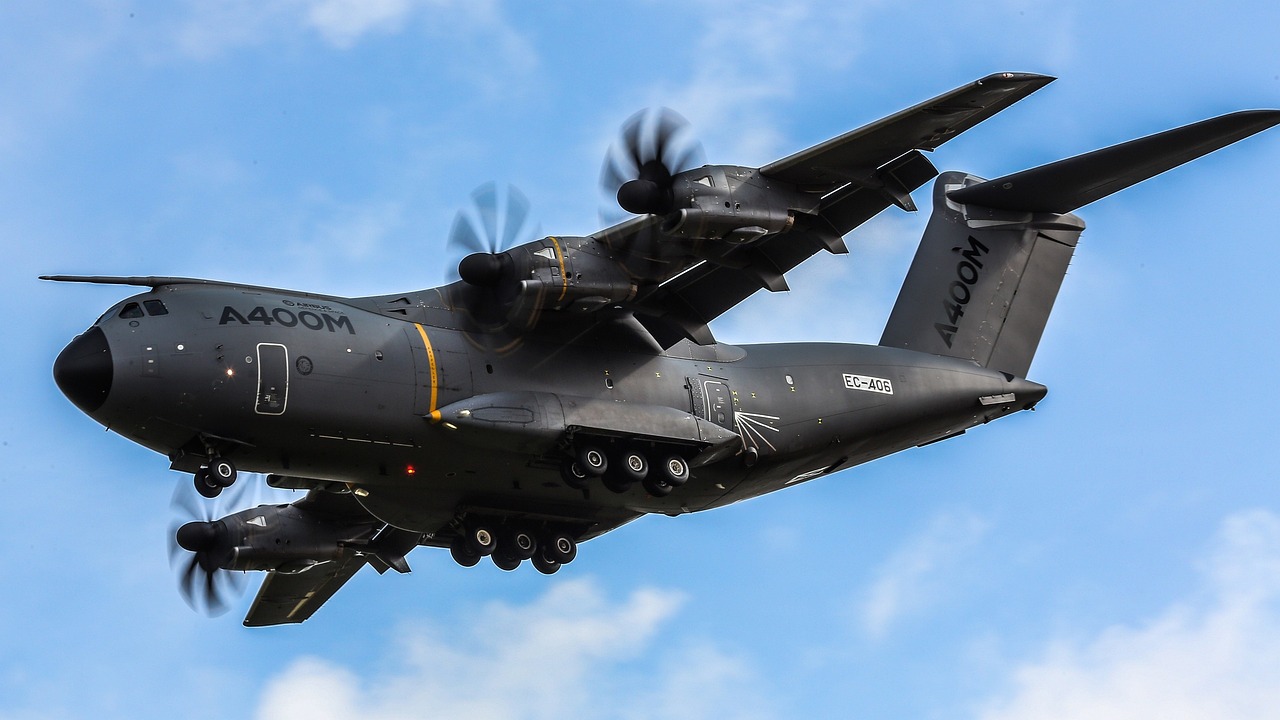The Role of AI in Enhancing Robotics Automation
Artificial Intelligence (AI) has revolutionized the field of robotics automation in recent years. By incorporating AI technology into robots, tasks that previously required human intervention can now be performed autonomously. This has led to increased efficiency and productivity in industries such as manufacturing, logistics, and healthcare.
One of the key benefits of AI integration in robotics automation is the ability to adapt to changing environments in real-time. AI-powered robots can analyze data and make decisions on the spot, allowing them to navigate complex surroundings with ease. This adaptability not only improves the performance of robots but also enhances the overall safety of operations.
The Evolution of Robotics with AI Integration
With the integration of artificial intelligence (AI) into robotics, the field has seen a significant evolution in recent years. By combining the analytical capabilities of AI with the physical capabilities of robots, tasks that were once deemed too complex or dangerous for machines to handle independently are now successfully accomplished. This synergy has led to advancements in various industries, from manufacturing and healthcare to agriculture and even space exploration.
One of the key benefits of the integration of AI into robotics is the ability to enhance decision-making processes in real time. Robots equipped with AI can adapt to changing environments, make split-second decisions, and even learn from their experiences to improve their performance over time. This adaptability not only improves efficiency and productivity but also opens up new possibilities for automation in industries that rely on dynamic and unpredictable conditions.
How does AI impact robotics automation?
AI enhances robotics automation by enabling robots to make decisions and learn from experiences, leading to increased efficiency and productivity.
What are the key benefits of integrating AI with robotics?
Integrating AI with robotics allows for improved precision, decision-making, adaptability, and overall performance in various industries.
How has the evolution of robotics been influenced by AI integration?
AI integration has revolutionized robotics by enabling the development of more advanced and intelligent robots that can perform complex tasks with greater efficiency.
What are some examples of industries that have benefitted from AI-integrated robotics?
Industries such as manufacturing, healthcare, agriculture, logistics, and retail have all seen significant improvements in efficiency and productivity through the use of AI-integrated robotics.
What is the future outlook for robotics with AI integration?
The future of robotics with AI integration looks promising, with continued advancements in technology leading to even more sophisticated and capable robots that can revolutionize a wide range of industries.





